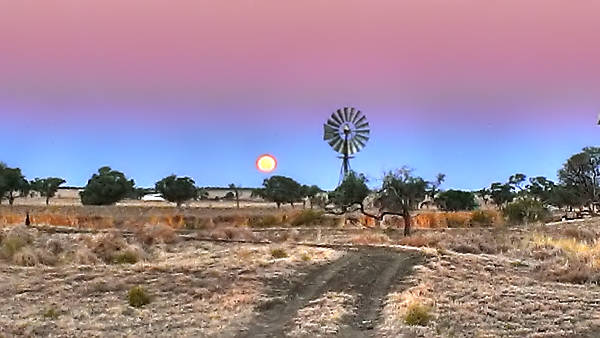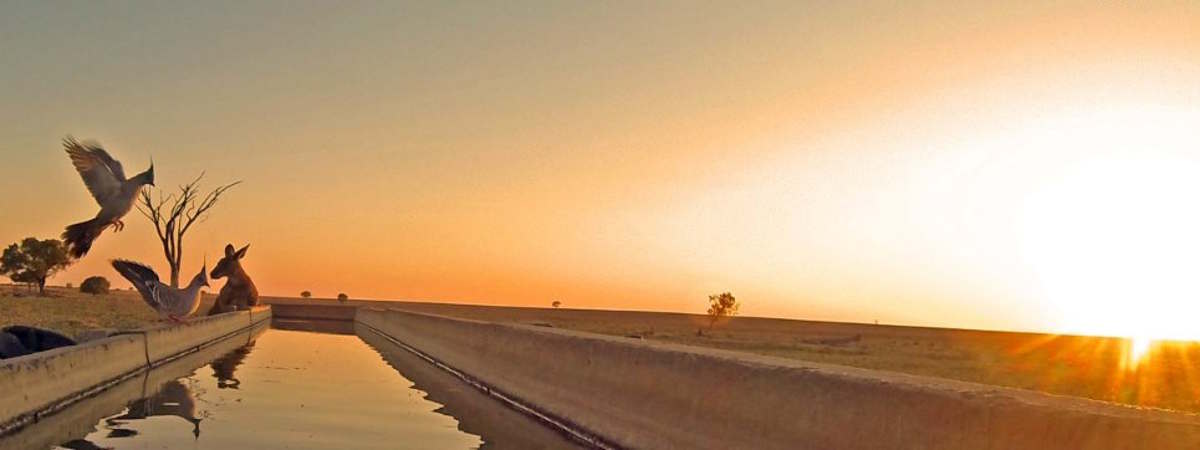The Power of Self-Compassion
by Bernadette Devenish
Clinical Psychologist
We would never criticise and judge our loved ones or friends as harshly as we do ourselves. Self-compassion is something we can give ourselves when we fail and struggle, when we feel ashamed and disappointed. Self-compassion helps us to become mindful of our humanness. It is not easy to be a human, we all struggle, we all suffer and we all make mistakes at times. As the great R.E.M. song says - 'Everybody Hurts Sometime'.
All humans experience disappointment, relationship difficulties, frustration, anxiety, rejection, illness, anger, fear, loss, guilt, and self-doubt. Giving as much compassion to ourselves as we would to a friend dealing with similar struggles helps us to lighten up on ourselves, reducing our tendency for perfection and self-imposed high standards. We expect so much of ourselves and our minds beat us up when we fall short of our unrealistic expectations. Giving ourselves compassion allows us to acknowledge with kindness that we are suffering.
Self-compassion brings us closer to others during difficult times, reducing feelings of isolation. Self-compassion and mindfulness help us to observe and notice ourselves and our actions with clarity and honest openness. Comforting ourselves as we struggle with difficult experiences enhances our relationships by helping us to face our faults, making it more likely that we will admit to and repair our mistakes. Self-compassion and mindfulness helps to interrupt patterns of negative automatic emotional reactions. Awareness that we are suffering in this moment and allowing kindness toward our own suffering helps us to bounce back from inevitable difficult and challenging human experiences. Self-compassion also helps us to connect with others with the knowledge that we all suffer and we all make mistakes. Paying attention to our moment to moment internal and external experiences without judgment using mindfulness and self-compassion builds our flexibility, adaptability and tolerance to the inevitable challenges of being a human and in relationship with others.

Walk Slowly ~ Danna Faulds…
It only takes a reminder to breathe,
a moment to be still, and just like that,
something in me settles, softens, makes
space for imperfection. The harsh voice
of judgment drops to a whisper and I
remember again that life isn’t a relay
race; that we will all cross the finish
line; that waking up to life is what we
were born for. As many times as I
forget, catch myself charging forward
without even knowing where I’m going,
that many times I can make the choice
to stop, to breathe, and be, and walk
slowly into the mystery.
To learn more about how to bring mindfulness and self-compassion into your life contact the CAMA Psychology Group www.camapsychology.com, email info@camapsychology.com or phone 0407 535 304
References
Chapman. A. (2016). The mind as a powerful storyteller. Retrieved from https://www.nzherald.co.nz/wanganui-chronicle/midweek/news/article.cfm?c_id=1503658&objectid=11629686
Harris. R. (2016) How to develop self-compassion in just about anyone. Retrieved from eBook https://drive.google.com/file/d/0B1ped_h4T7Q4WW10SDd0ZS1aRnM/view?pref=2&pli=1

